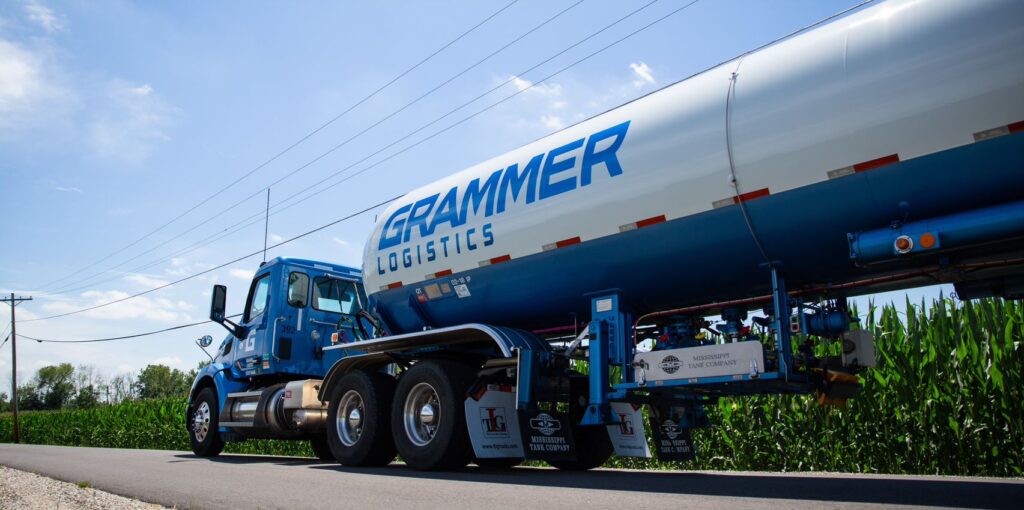
Natural gasses have become more mainstream in the public conversation around fuel than ever before. Natural gas liquids include many familiar names from chemistry class: oxygen, nitrogen, butane, propane and more. Because these gasses occur – as their name suggests – naturally in the environment, they are a plentiful and smart alternative fuel source.
Furthermore, since natural gas liquids is “abundant, cost-effective, and clean, it is a smart, low-emission alternative to traditional transportation fuels like gasoline and diesel” with many industries requiring natural gas liquids to be transported to their facilities.When choosing the right natural gas liquids carrier for your business, consider these questions:
Question 1: Are the trucks compatible with transporting NGLs?
Transporting natural gas liquids requires it to be converted into a liquid by lowering the temperature -260 degrees fahrenheit. This low temperature keeps the natural gas liquids in a liquid state. Facilities therefore must be able to maintain this low temperature throughout the transportation process from the insulation of the truck to the process of moving the liquid to its final destination.
Beyond keeping the NGLs at a low enough temperature to be liquid, it’s also important that the cryogenic container (tanker) is built specifically for hauling natural gas liquids. This includes having double hulls and additional safety features that other tankers may not have.
Question 2: Do they employ hazmat-certified drivers?
Natural gas liquids fall under the Hazardous Materials Regulations when it comes to transportation. This requires safe transport by certified drivers. Just as a driver needs to have their Commercial Driver’s License (CDL) in order to legally operate a commercial motor vehicle. Drivers of hazardous materials must also have the proper endorsements on their CDL and Certified Hazardous Materials Training.
Question 3: Are their dispatchers training and have product knowledge?
Dispatchers have the expertise to know customer’s special needs, plant requirements, driver carding process and any special fitting requirement for a driver to load and unload. A good dispatcher keeps accurate record of these requirements and provides this information to new drivers in order eliminate any delays for the driver. This type of knowledge come only from experience working with hauling NGL’s and know a customer’s site location intimately.
To talk to an expert in the Grammer NGLs division, contact us today.